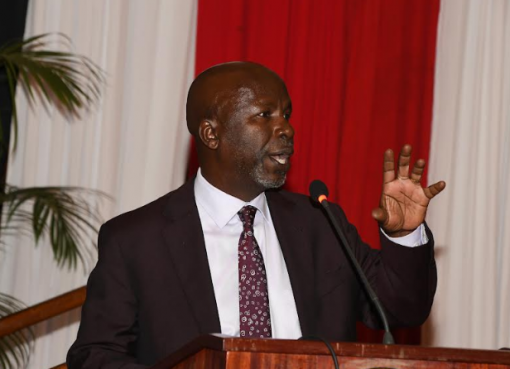Farming clinics in Nakuru County are slowly creating a farming revolution and a number of agronomists and other agribusiness experts are not only earning good money from their consultancy services, but they have created a new trajectory in food production.
However, Simon Gachagua, an Agronomist who has trained farmers on soil testing for a long time said the lack of consistency in the farming clinics has led to an overload of un-verified information, especially in the digital space.
He said the clinics come against the backdrop of new challenges on the farm that include climate change, pests such as Fall armyworm and Tuta absoluta, which affects Irish potatoes. He was speaking on Saturday during the training of farmers at Subukia.
Gachagua noted any misinformation often leads to a trail of destruction on the farms and the half-truths were coming at a time when extension officers, initially the source of trusted information, were becoming scarce by the day.
He stated that numerous reports have indicated that by 2050, the global population will strike nine billion with a high impact on food demand. Hence growing enough quality food from dwindling land sizes will be increasingly difficult and pressure will be on farmers to maximize yields. Also, produce crops of ever-higher quality.
The agronomist said information access was, therefore, at the heart of preparing farmers for such formidable task. He added that farming clinics were important forums where experts and farmers meet and share information, and other challenges facing the sector.
However, a farmer from Lanet, Mary Kanyambura, said the information overload had become an issue and some experts discredit others, just because they are in the payroll of certain agribusiness companies.
She added that there was need to increase extension officers and encourage experienced farmers to play the role of farmer to farmer extension, because their information and training was not corrupted with marketing insinuations.
By Veronica Bosibori




